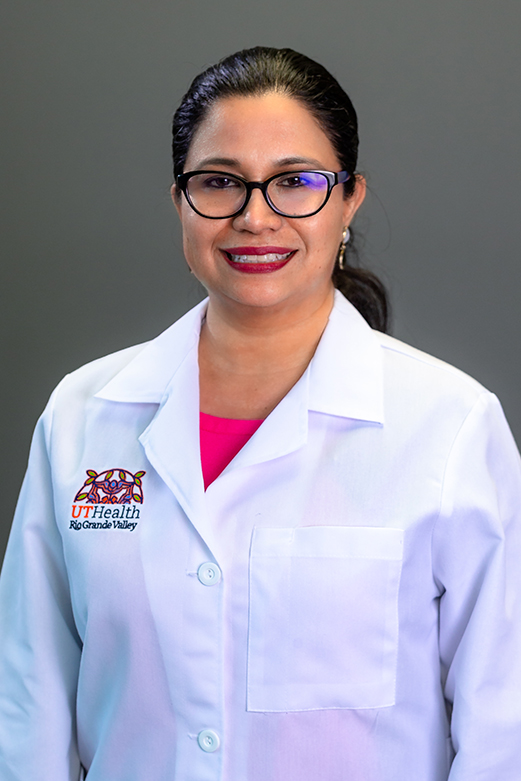Beatriz Tapia, MD, EdD, MPH

Title(s): Associate Dean for Faculty Affairs, Associate Professor of Population Health
Unit(s):
Population Health, Continuing Medical Education, Primary and Community Care, Faculty Affairs, Dean, Leadership
Contact Info
956-296-1481